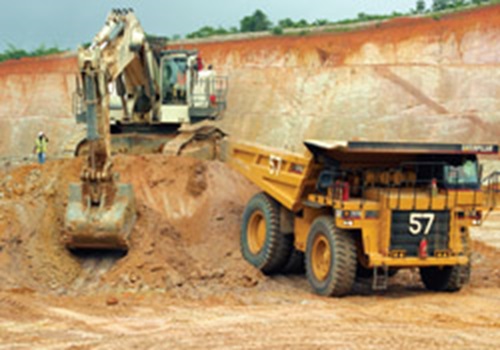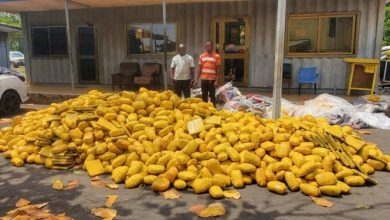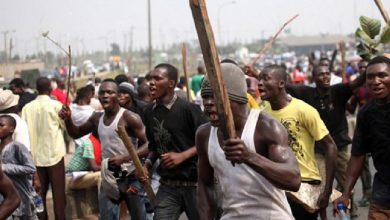Minerals Commission explains its decision not to renew Goldfields’ Damang Mine lease

A source at the Minerals Commission of Ghana has explained why it has rejected an application by Gold Fields Limited to renew the Damang Mining Lease for another thirty years.
According to the Minerals Commission of Ghana, this decision offers Ghana a rare opportunity to redefine the trajectory of its extractive industry and assert greater national control over its mineral wealth.
The source also indicated that the company has not been able to demonstrate that it has materially complied with the requirements of the Minerals and Mining Act, 2006 (Act 703), to warrant any renewal.
The rejection to renew the mining lease, according to otecfmghana.com source, it comes at the time when the 30-year mining lease, which was granted by the Government of Ghana in April 1995, is due to expire on 18 April 2025.
The Damang mining lease was granted in April 1995, and the mining operation commenced in August 1997, the source gathered.
According to the 2024 annual report of Gold Fields, no mineral reserves were declared at the Damang mine, which meant there are no defined gold reserves to be mined.
The company stopped mining in 2023 and started processing stockpiles, which contradicts the Minerals and Mining Act 2006 (Act 703), the source said.
“It is clearly stated in the Mineral Resources and Reserves Supplement to the Integrated Annual Report of 2023 that no exploration was proposed for the Damang mine in 2024” the source quoted.
Damang Mines, which is among the top producers of gold in the world, owns the Tarkwa and Damang Mines, with the Government of Ghana holding a ten percent stake in both mines.
The 2024 Annual Report of the company shows that 32% of the group’s production comes from the two mines in Ghana.
This means that nearly a third of the entire gold produced by Gold Fields worldwide comes from Ghana.
The mining lease was granted in April 1995, and the mining operation commenced in August 1997.
According to the 2024 annual report of Gold Fields, no mineral reserves were declared at the Damang mine, which meant there are no defined gold reserves to be mined, the source noted.
“Without mineral reserves and with no funds set aside for exploration in 2024, the company has not been able to demonstrate that it has materially complied with the requirements of the Minerals and Mining Act, 2006 (Act 703) to warrant any renewal, the source stated.
Minerals Commission outlined a three-point proposal to guide Ghana’s next steps:
• The Ministry of Lands and Natural Resources should give precedence to Ghanaian-led bids in future mining lease reassignments.
• A moratorium should be placed on new large-scale foreign mining contracts until a comprehensive review of Act 703 and all existing agreements is completed.
• A Ghana Minerals Sovereignty Fund should be established to reinvest profits from national mining assets into infrastructure, education, and healthcare in mining communities.
It added that “the company in 2025 intends to continue the processing of stockpiles in line with the life of the mine, which is indicated as a year in the 2024 Annual Report.”
“Clearly, this is a mine that has not met the requirements for its lease to be extended. While we should welcome and support foreign investment, it is essential to recognize that mining leases cannot be granted in perpetuity,” the source emphasized.
Source: Ghana/otecfmghana.com/Francis Appiah




